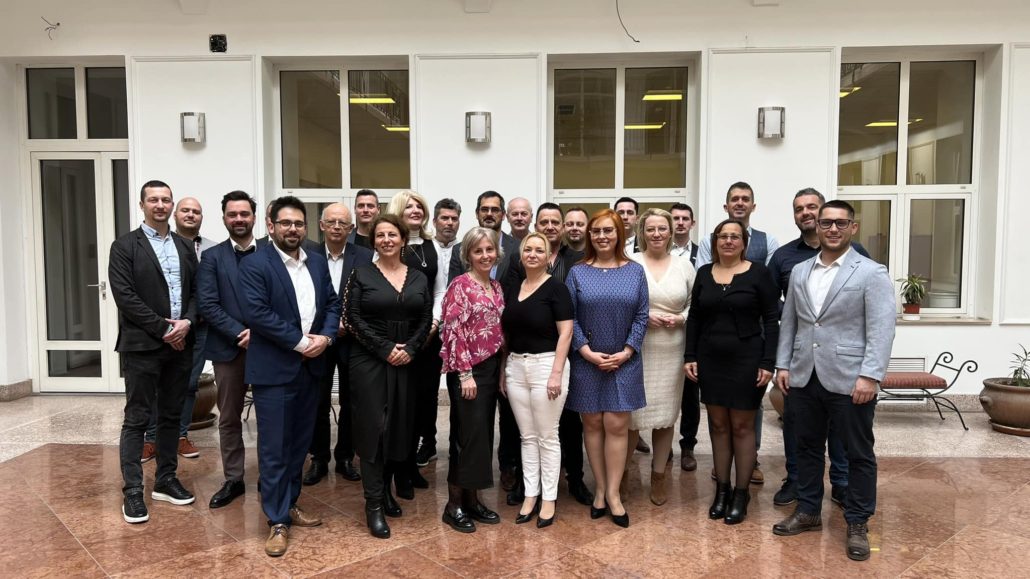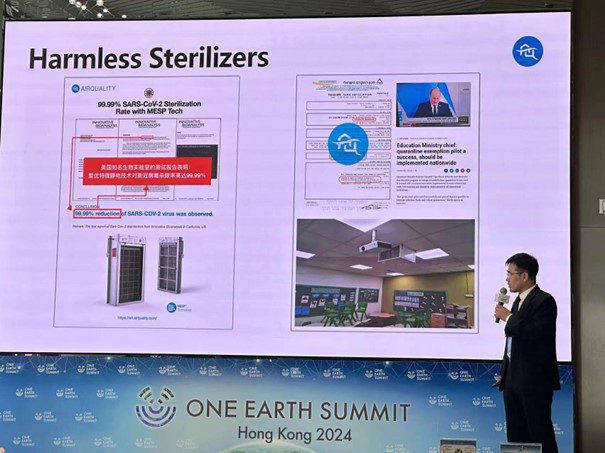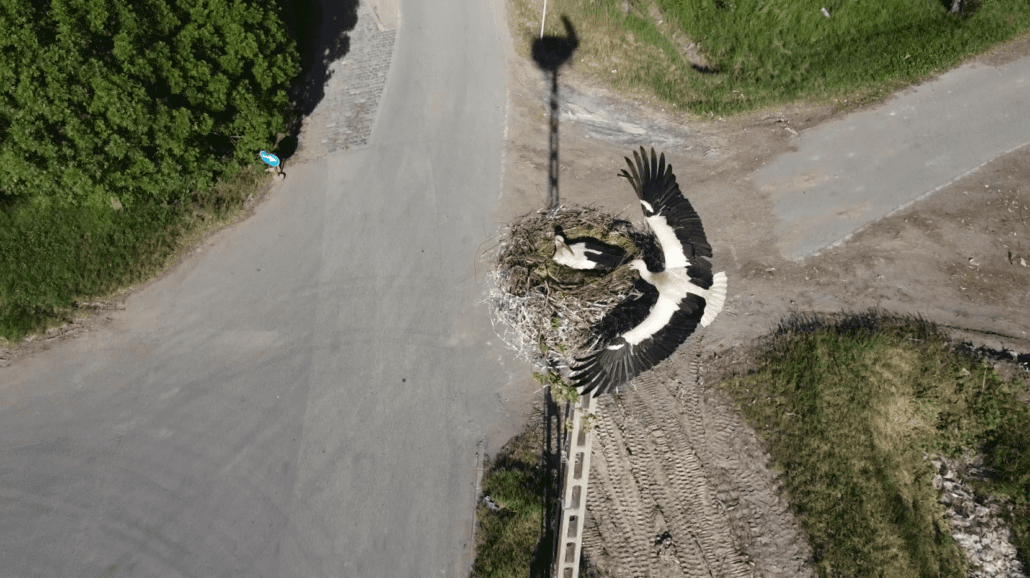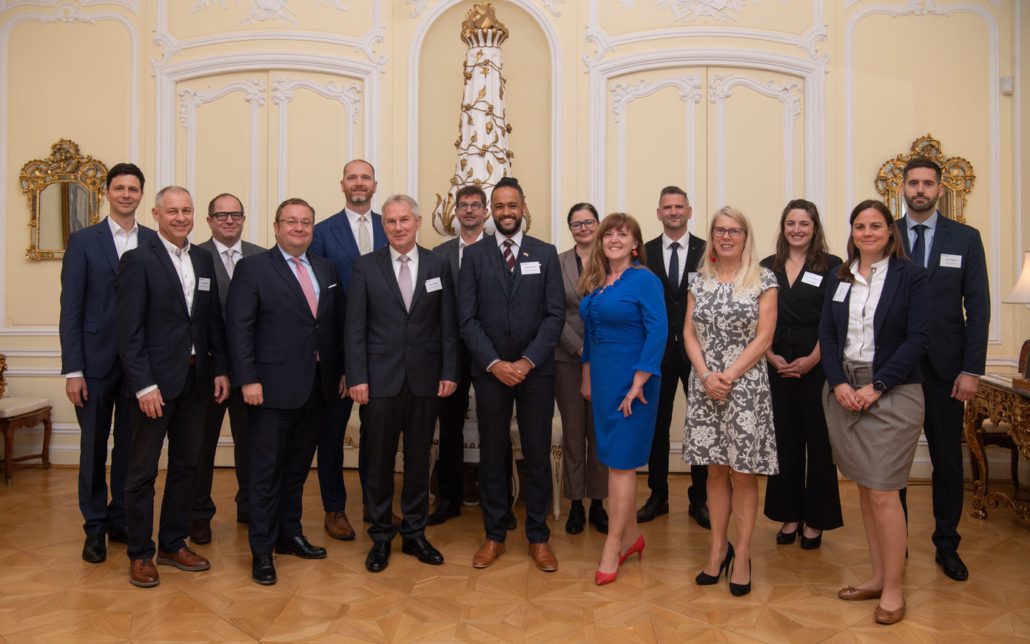What are the biggest challenges in achieving net zero goals? What kinds of collaborations and solutions can help meaningful progress and systemic changes? The Net Zero Advisory Board, established to promote the carbon neutrality of the Hungarian economy, had a meeting again.
After the welcoming words of Márta Irén, director of the BCSDH, as the host of the event held at the British ambassador’s residence, Matthew Kirlew, Head of Policy of British Embassy, greeted the participants and emphasized in his speech that they are still committed to the meaningful promotion of climate neutral actions in Hungary.
At the platform bringing together several interested parties, Attila Chikán Jr., the president of the Hungarian Business Council for Sustainable Development (BCSDH), emphasized the importance of action in his welcome speech, and that in addition to climate protection, adaptation must also play an increasingly important role.
Csaba Kőrösi, the former president of the UN General Assembly, spoke about the beginning of a new era with solutions to our difficulties. In the period of wars and crises, it is a great challenge to achieve a sustainability turnaround and net zero goals. At the same time, more and more of the economic actors see that sustainable development, material and energy efficiency, the decreasing environmental footprint and social responsibility have become competitiveness factors.
Ürge-Vorsatz Diána, az IPCC alelnökeként felhívta a figyelmet arra, hogy megfelelő források állnak már rendelkezésre, hogy lényegi lépéseket tegyünk globálisan a helyzet megoldására, azonban jól kell ezeket a forrásokat elosztani és felhasználni. A múlt év végi COP28 Klímacsúcs pedig valóban nagy előrelépés volt, hiszen itt született döntés a fosszilis tüzelőanyagok kivezetéséről.
Diána Ürge-Vorsatz, prof. dr., as vice chari of the IPCC, drew attention to the fact that adequate resources are already available to take essential steps to solve the situation globally, but these resources must be distributed and used well. And the COP28 Climate Summit at the end of last year was really a big step forward, since it was here that the decision was made to phase out fossil fuels.
Orsolya Diófási-Kovács, PhD, Associate Professor at Corvinus University of Budapest and Péter Csipes at S.T.I. Managing Director of Hungary in his presentation on behalf of the Hungarian Logistics, Procurement and Inventory Society (MLBKT), “What can the logistics sector do to achieve net zero goals?” entitled, gave an insight into the challenges and next steps that await the sector in Hungary.
The participants agreed that the financing of the transition is a key issue. The resources are available, they just need to be realigned.
The board, which from now on meets twice a year, was represented by all its organizations and shared future goals and plans with the other members, where several points of connection and joint cooperation were outlined.

Participants of the Board meeting:
- Zsombor Barta – Parlamentary Senior Counselor, National Council for Sustainable Development
- Zsolt Bertalan – President, Smart Future Innovation Cluster
- Attila Chikán Jr – President, BCSDH
- Péter Csipes – Managing Director, S.T.I. Hungary – representative of MLBKT
- Orsolya Diófási-Kovács, PhD – Associate Professor, Budapesti Corvinus Egyetem
- Anikó Juhász – Deputy State Secretary, Ministry of Agriculture
- Csaba Kandrács Dr. – Vice President, Hungarian Central Bank
- András Kárpáti – President, Future Mobility Association
- Matthew Kirlew – Head of Policy, British Embassy
- Kocsis Kriszti – Senior Policy Officer, British Embassy
- Csaba Kőrösi – Strategic Director, Blue Planet Foundation, former President of UN General Assembly
- Irén Márta – Director, BCSDH
- Andrea Nagy – Race to Zero Project Manager, BCSDH
- Zsuzsa Némedi – Senior Trade Adviser, British Embassy
- Diána Ürge-Vorsatz, Prof. Dr. – Vice Chair, IPCC, HuPCC
- Gábor Szántó – Head of Climate Policy Department, Ministry of Energy
- Gábor Gábor – President, Hungary Green Building Council
Click here for the photo gallery of the event.
The Net Zero Advisory Board, a multi-stakeholder, cross-sector Advisory Board made up of representatives of Hungarian industry and business leaders, the government and professional organizations, was established in January 2021 at the initiative of the British Embassy and the BCSDH.








 After a welcome speech by Daniel Domini, CEO of Saint-Gobain Hungary Kft., László Karafa, Quarry and Sustainability Manager, gave a short introductory presentation, and then we were able to see the programme in action. In addition to the 5 hectares of wooded area and 2000 m2 of water surface, the old explosives warehouse has been converted into a bat roost, and birds are also a favourite nesting site, with the bird boxes being 80% used. The area is also used periodically for beehives, which are a priority for flowering and pollination.
After a welcome speech by Daniel Domini, CEO of Saint-Gobain Hungary Kft., László Karafa, Quarry and Sustainability Manager, gave a short introductory presentation, and then we were able to see the programme in action. In addition to the 5 hectares of wooded area and 2000 m2 of water surface, the old explosives warehouse has been converted into a bat roost, and birds are also a favourite nesting site, with the bird boxes being 80% used. The area is also used periodically for beehives, which are a priority for flowering and pollination.




